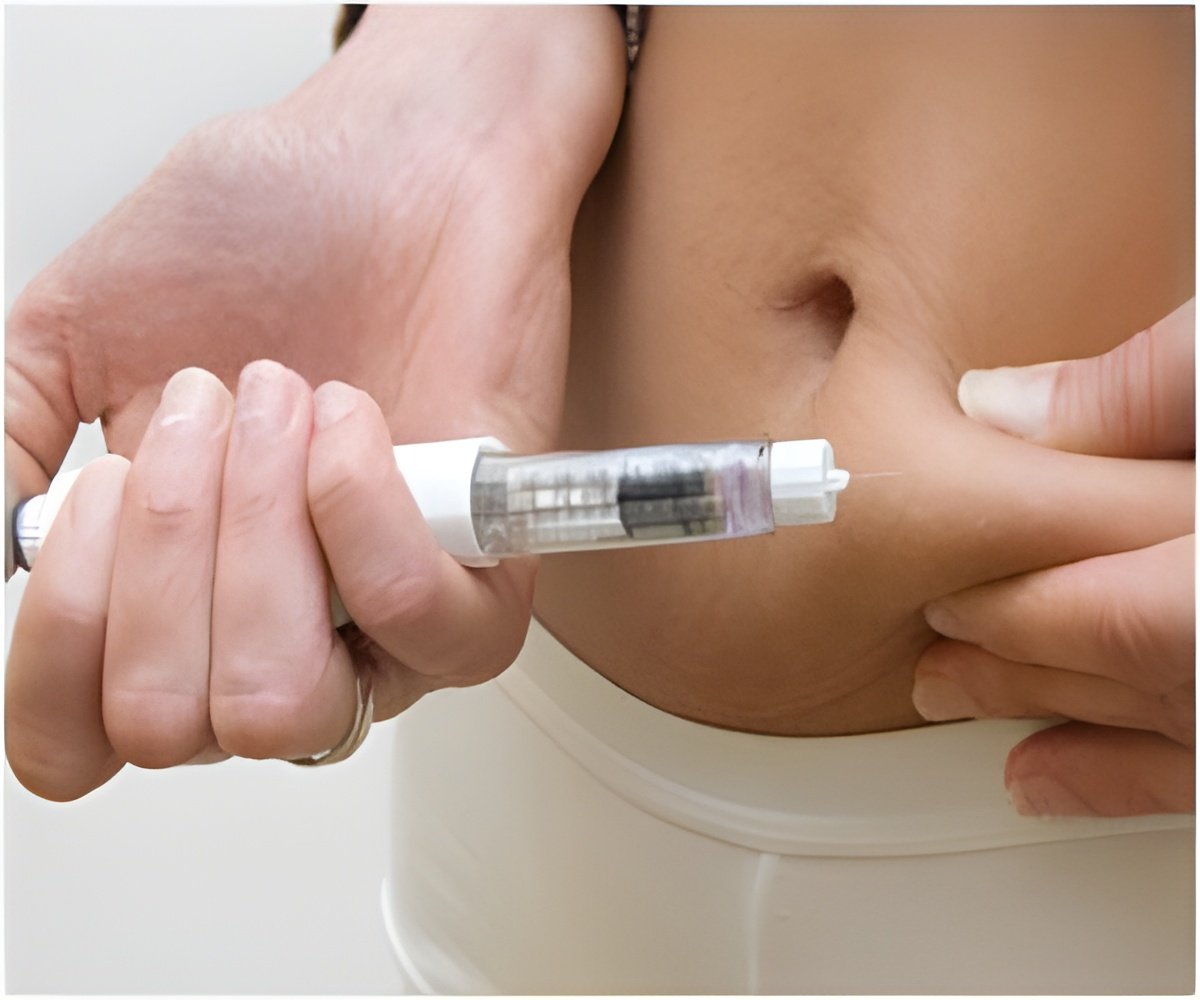
Insulin therapy injection technique among insulin-treated diabetic patients has been poorly studied, Dr. Ibrahim said. So, to investigate the impact of injection technique on diabetes control, he administered a 12-item, oral structured Injection Technique Knowledge (ITK) Questionnaire to 216 clinic patients that assessed their understanding of injection techniques and ability to administer their injections successfully.
Overall, the mean score was 47.5%, and only 31% of the patients answered more than half the questions correctly. Half the patients with poor test scores had poor glycemic control compared with 28% of the participants with acceptable scores.
"I was surprised by the results of the study and at the same time disappointed. I did not expect that such a great number of patients would not be aware of the proper use of insulin. This was mainly due to inadequate education and resources for the patients using insulin," Dr. Ibrahim said.
Dr. Ibrahim found no significant association between the test score and the patients' residency, gender, age or duration of diabetes, although more highly educated patients, including patients who had received previous education on injection technique, had higher scores. He did find associations between the test score and the type of diabetes, insulin regimen, insulin devices, glycemic control, prior training on the correct injection technique and previous lump formation at the site of injection.
Dr. Ibrahim advises that educating patients is crucial. He recommends that an educator should be available in the clinic to teach all new patients having their first injection the correct techniques and that no patient should be sent home unless the doctors are sure that they have the knowledge they need. Patients need to learn the correct insulin dosing for vials and syringes, knowledge about the preferred sites of injection, how to prevent the formation of lumps at the injection sites, and the negative consequences on blood sugar control.
Advertisement
Advertisement














